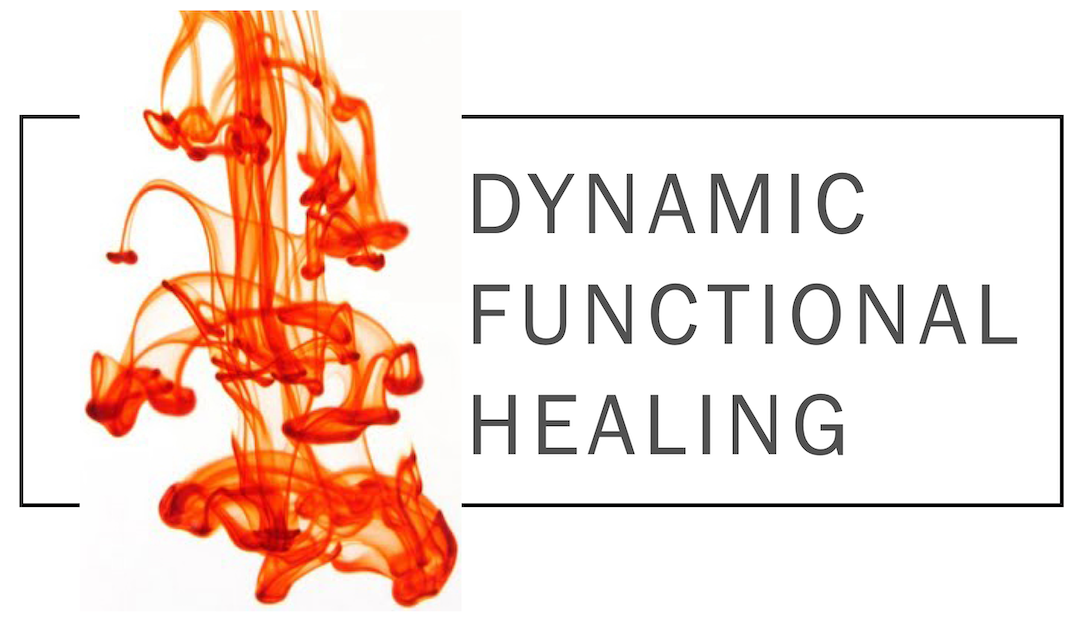"It's all about neuro-muscular coordination."
If you've taken my Bladder & Pelvic Floor Health class (whether for patients or for practitioners) you've heard me say this umpteen times. It's one of the major take-aways from the class. You've also heard me joke that "Your bladder doesn't pee, your brain does." While this is not completely accurate, it serves to underscore an important theme: Your bladder is part of a very complicated neurological system and it operates within that system, not as an adjunct.
I have a patient whose story is an excellent representation. She had an existing bladder issue from a previous trauma when she came to my Bladder & Pelvic Floor Health class. Over time, she was healing herself with the exercises that I taught. However, she recently had a fall that caused a moderate head trauma. She didn't drive for four weeks and she was off of work for seven weeks. She found that her body prioritized the new trauma; her bladder issue, with the new stressors her body was going through, worsened. The concussion left her balance and proprioception compromised. She experiences dizzy spells. These are common neurological symptoms with trauma, and especially with head trauma.
At my Pelvic Floor & Core Workout Series she has shared with us how, in doing the slow movements and really paying attention and feeling her body, it fatigues her mind and body. She's noticed that she gets emotional with the movement and with her impatience in feeling fatigued, and that the emotion and fatigue are both signals for her to take a rest. But she's seeing improvement with these slow, intentional movements that challenge the core, coordinate proprioception and improve balance. Remember, these all contribute to and mirror the condition of each other because they are all neurologically based.
It truly is all about neuro-muscular coordination.
